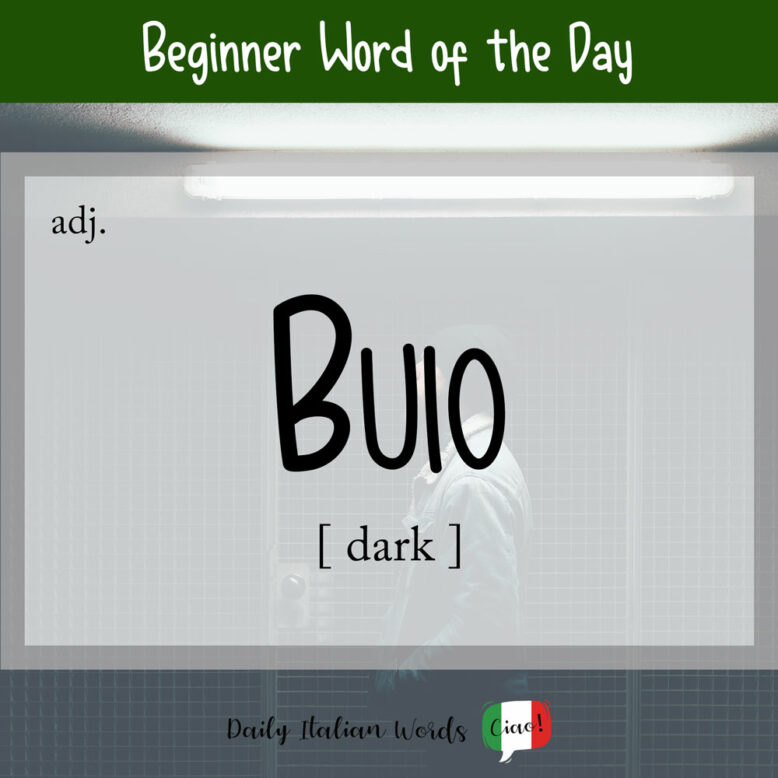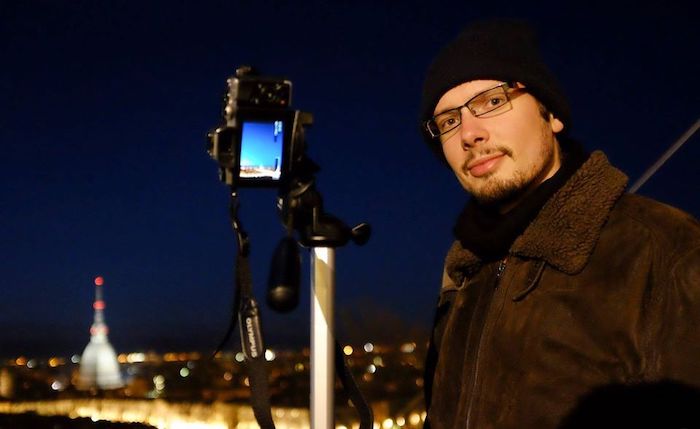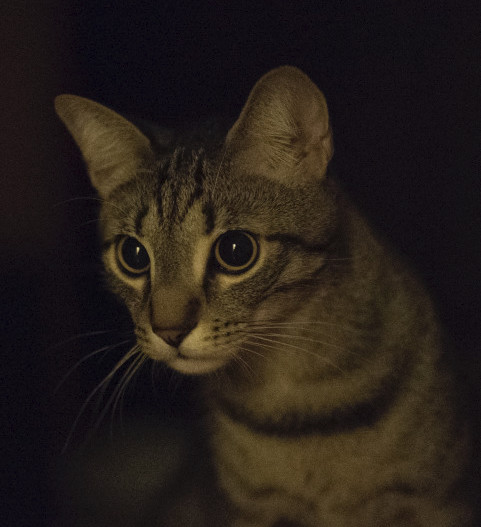When talking about the dark as it relates to nighttime or the absence of light, Italians use the adjective buio.

The ending of buio changes depending on the gender and number of the subject it modifies. For example:
- vicolo buio (dark alley) = masculine singular
- notte buia (dark night) = feminine singular
- vicoli bui (dark alleys) = masculine plural
- notti buie (dark nights) = feminine plural

Just as in English, buio can be used in a figurative sense to describe a troublesome or difficult period.
Ho attraversato un periodo buio ma ora sto meglio.
I went through a dark period but I’m better now.
It can also be used to describe someone with a troubled or worried expression.
Il giovane è diventato buio in volto quando ha aperto la lettera.
The young man’s expression become troubled when he opened the letter.
Buio can also function as a masculine noun (il buio) meaning the dark.
I bambini hanno paura del buio.
The children are afraid of the dark.

An adjective whose meaning is very close to that of buio is scuro. The primary difference is that scuro, in addition to describing the absence of light, can also be used in reference to dark colours and objects of a dark shade such as, for example, una giacca scura (a dark-coloured jacket) or i capelli scuri (dark hair). Conversely, you would never hear an Italian use the word buio to describe something dark in colour.
Il ladro è uscito al buio con una tuta scura.
The thief went out into the dark dressed in a dark outfit.
Idioms featuring the word ‘buio’
Fare un salto nel buio
Literal translation: to take a leap into the dark
English meaning: to take a leap into the unknown
Un appuntamento al buio
Literal translation: an appointment in the dark
English meaning: a blind date
Al buio tutti i gatti sono bigi
Literal translation: in the dark all cats are grey
English meaning: in the dark, beauty/good cannot be distinguished from ugliness/evil
Brancolare nel buio
Literal translation: to advance very slowly in the dark
English meaning: to be in the dark, to have no clue
Heather Broster is a graduate with honours in linguistics from the University of Western Ontario. She is an aspiring polyglot, proficient in English and Italian, as well as Japanese, Welsh, and French to varying degrees of fluency. Originally from Toronto, Heather has resided in various countries, notably Italy for a period of six years. Her primary focus lies in the fields of language acquisition, education, and bilingual instruction.


